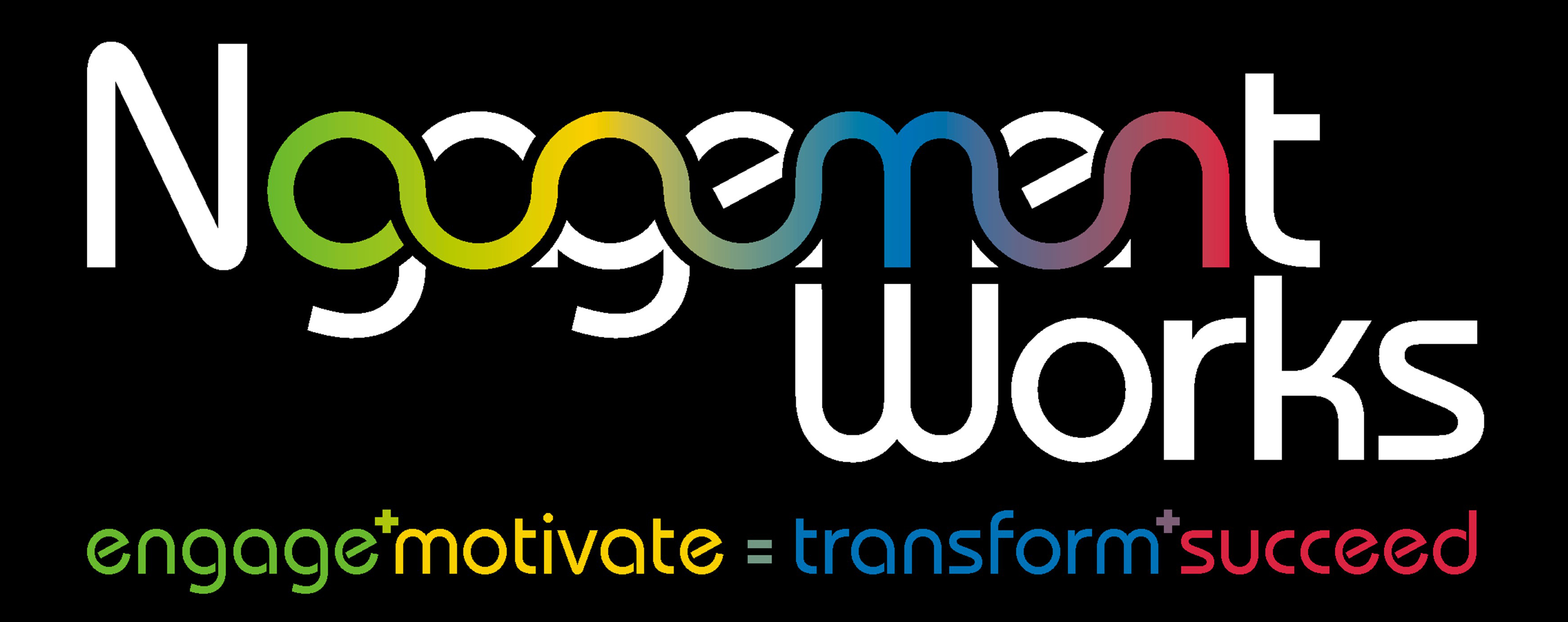After frequently hearing the views and opinions of staff at all levels in the many organisations that I partner with, I felt that I had to publish this article to hear the views of others.
For a number of years now, Employee Engagement has been a hot topic with organisations spending considerable amounts of time and money, developing surveys that measure the satisfaction or “engagement” of their workforce. Employee Engagement teams or Cultural Champions have become a part of the fabric of organisations, sending out the survey to employees and then slicing and dicing the results in various ways before sending them to the leadership teams of the various functions within the organisation.
THE ONLY REASON WE COMPLETE THE ENGAGEMENT SURVEY IS SO IT CAN BE REPORTED TO SHAREHOLDERS.
It has also given rise to many companies, keen to develop the ultimate employee engagement survey for you and your organisation, fully customised and no doubt, locking you in to using that company for many years.
But how much positive change do employee engagement surveys actual deliver and at what cost to the organisation?
IF OUR SCORES ARE GOOD, THEY ARE EXPECTED TO BE HIGHER NEXT YEAR. IF THEY ARE POOR, WE ARE TOLD TO FIND THE TIME AND RESOURCES TO INVESTIGATE THE ISSUES AND DO SOMETHING ABOUT THEM.
Working with various teams, be they leadership, operational or project, and across many different sectors, the employee engagement survey often comes up in conversation. Leaders get chastised by HR or whoever is in charge of the engagement survey if their results are bad, staff are cynical about it, as often the questions are divorced from their day to day jobs or indeed, they see it as an opportunity to have an anonymous dig at their leaders. Managers are told to ensure their team members complete it in a positive light so the results are favourable.
I TRY TO COMPLETE THE ANNUAL SURVEY AS QUICKLY AS POSSIBLE TO GET BACK TO MY DAY JOB.
At the end of the day, staff often treat it as a form-filling exercise, to be completed as quickly as possible and leaders hope the results show their area in a good light so they don’t have to form an ‘engagement task force’ who spend time away from their day to day jobs, analysing the results and coming up with quick fixes to help boost the scores of the next survey.
THE DEROGATORY NAMES THAT THE EMPLOYEE SURVEY IS CALLED DEMONSTRATES WHAT STAFF THINK ABOUT IT.
Whilst I am a firm believer in the significant benefits of having an engaged workforce, I am questioning the time, effort and cost involved in producing the results, analysing them, cascading them, holding meetings to review them and setting up task groups to overcome issues.
It would be an interesting activity to actually find out whether all this time, money and effort actually provided a positive return on the investment. Is it a case that because one organisation is on the Employee Engagement bandwagon that everyone else feels they have to follow?
IN EACH OF MY 10 YEARS IN THE COMPANY, WE’VE ALWAYS HAD THE EMPLOYEE ENGAGEMENT SURVEY AND TO BE TOTALLY HONEST, NOT MUCH HAS CHANGED.
My personal view is that more focus and effort should be directed toward increasing individual performance and team engagement by asking questions that are pertinent to the day to day tasks and activities that are required that support both individual and team engagement. Rather than asking these questions, extracted from Employee Engagement Surveys:
I get excited about going to work
I understand the mission statement of the company
I feel proud to tell family and friends who I work for
Employees here keep going when the going gets tough
I think we should be asking these questions:
We make time to explore new ways of doing things differently as a team
I have regular meetings to review my progress against my objectives
We have clearly documented and up to date processes
Team members are committed to the success of the team
If you’d like to understand further how these sort of questions make a positive difference, here is a link to an article I posted recently on LinkedIn Pulse. Team DyNAmics©
So, what are your thoughts about Employee Engagement Surveys?


I think you are spot on. After employee surveys, the most frequent question employees ask each other is, “how honest were you?” At least, in poor performing companies. It is a poor manager that doesn’t have some sense of the engagement of the employees. Statistics of absenteeism, employee turnover, customer complaints, etc. are a better insight into employee engagement.
Thank you for your positive feedback and comments. It’s about time companie, leaders and managers, went back to basics and ask employees simply, what should we being doing more of and what should we be doing less of?